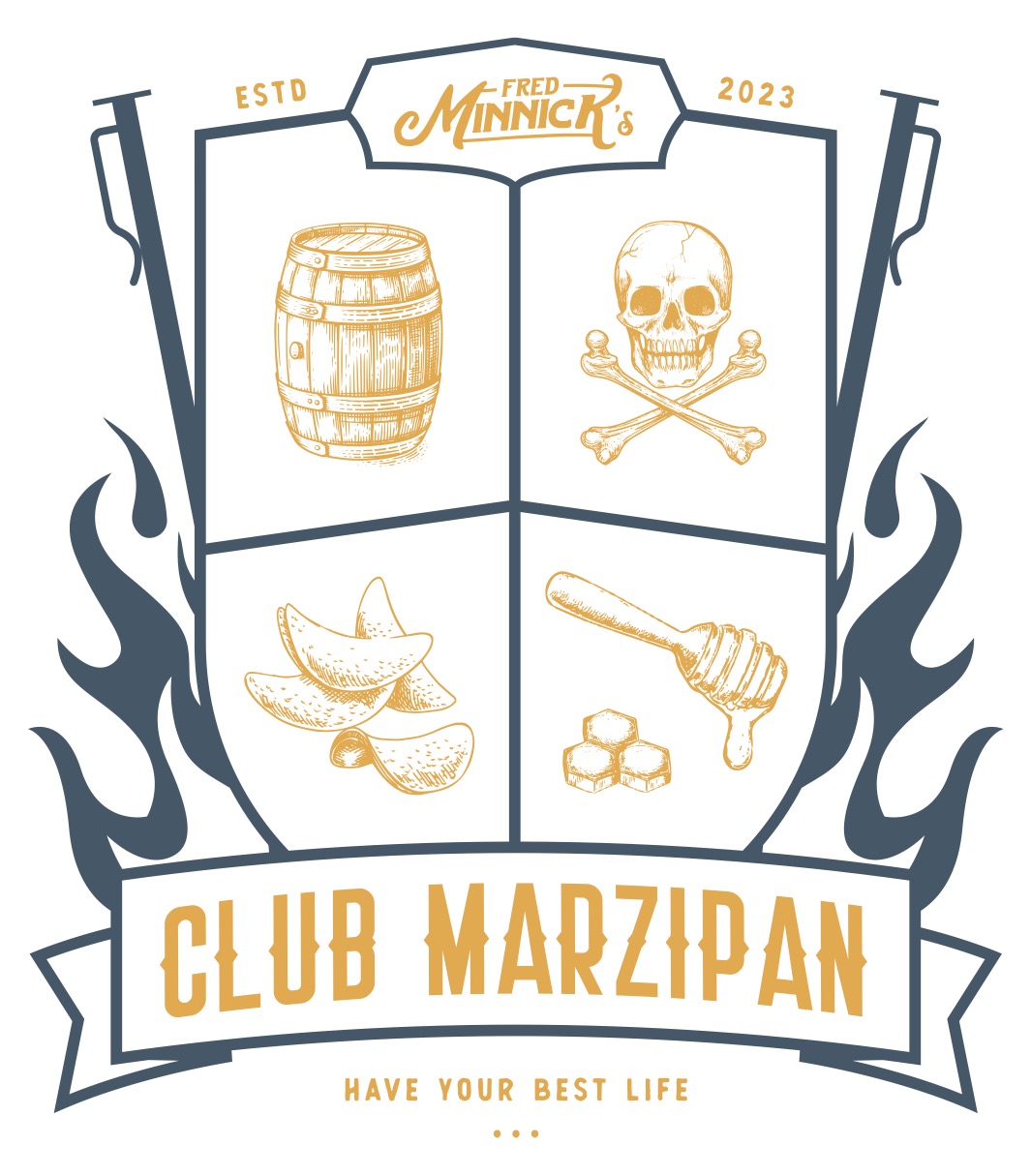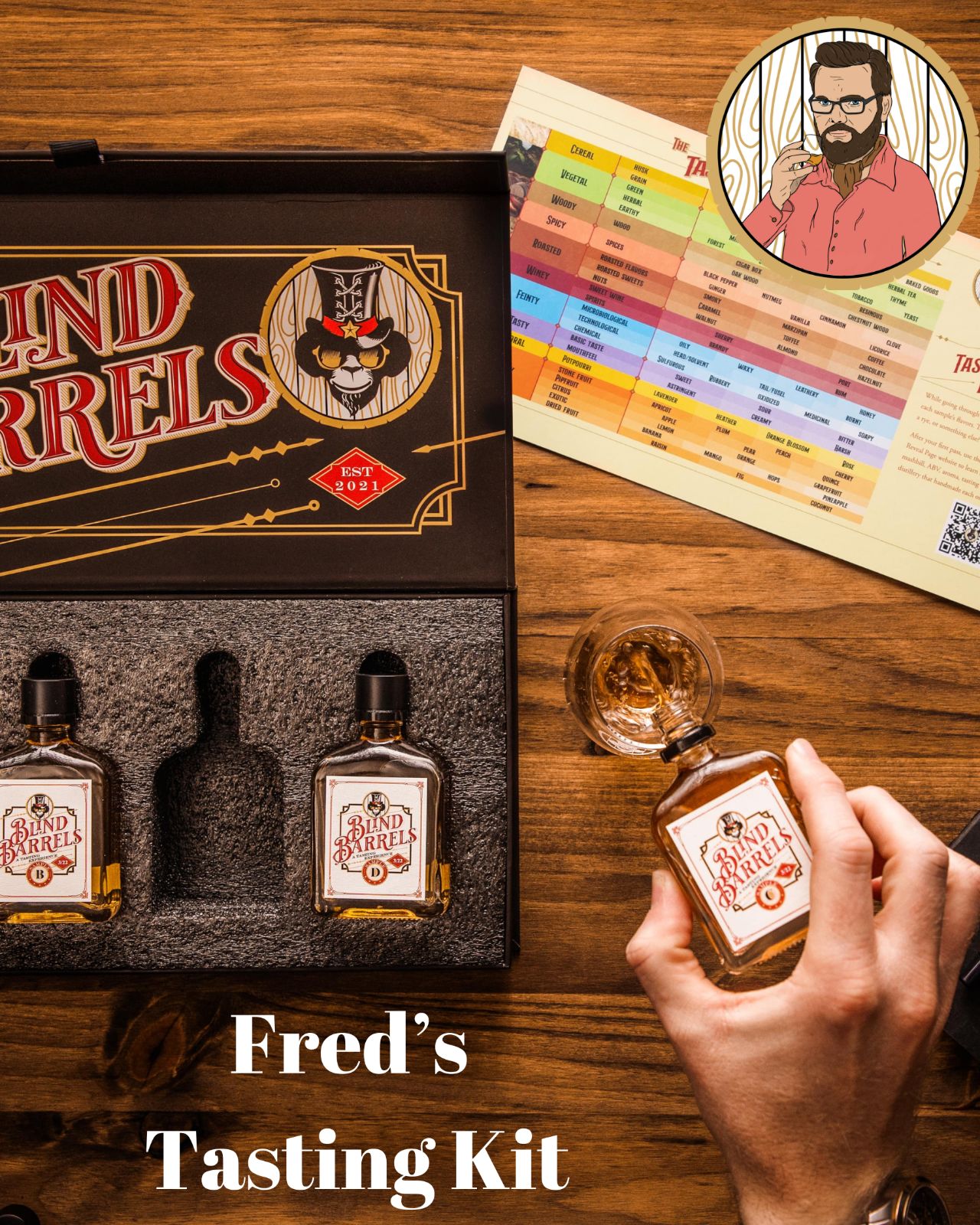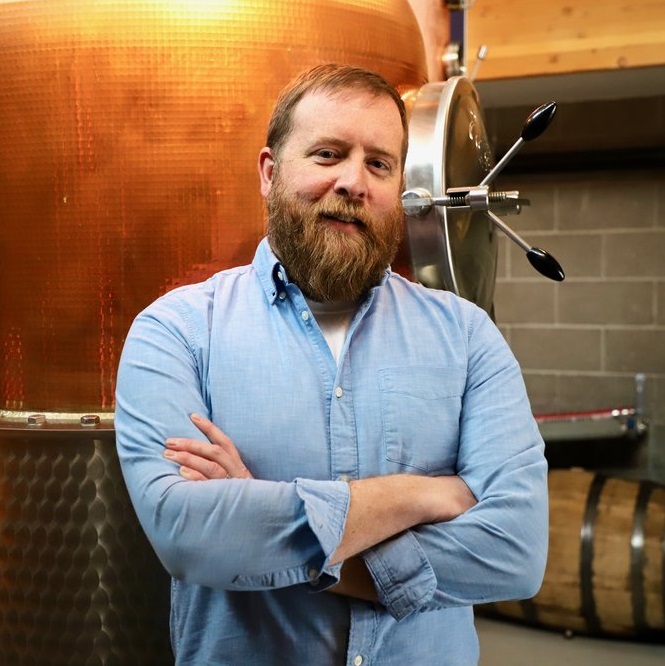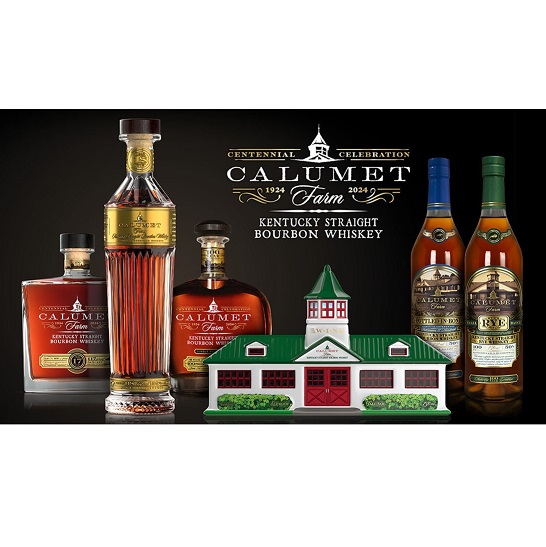Kentucky Wholesalers React to Private Barrel Legislation
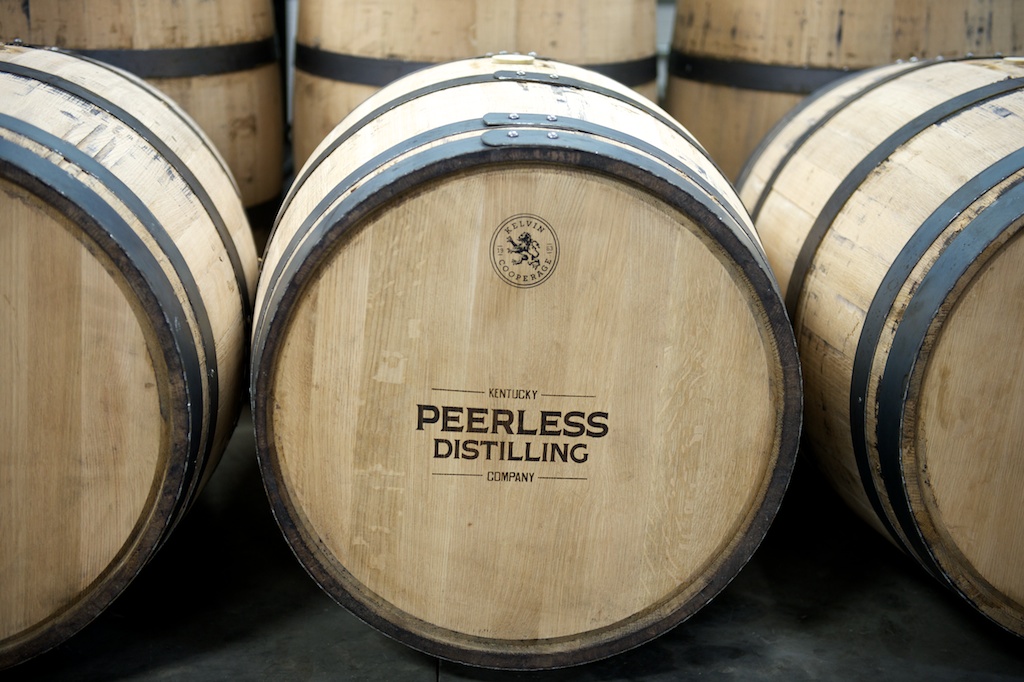
With bills introduced in the Kentucky House and Senate to save private barrels, Kentucky wholesalers want to remind distillers and consumers that they “have stuck with distilleries for decades” even when bourbon wasn’t cool.
Private barrels are currently not defined within the Kentucky ABC regulatory code. And while groups pick barrels at Kentucky distilleries year-round and have worked within the three tier system, the HB 500 allows for private citizens to buy barrels and special bottlings directly from the distillery, making it more like wineries in Napa Valley. SB 160 simply defines private barrels. If neither pass, private barrel selections in Kentucky are in jeopardy.
At the center of all alcohol industry bills, the wholesalers can sway a vote. Shortly, after this story was published, Wine & Spirits Wholesalers of Kentucky’s executive director Charles George reached out to “clarify” his side’s point of view. This is his statement in its entirety:
- “While we respect ABC’s informal opinion, we believe the private barrel selection process is consistent with current state law. Retailer barrel picks through a distiller’s barrel selection program are consistent with specifically allowed distiller “services” that do not violate the three-tier system. For any retailer, participation in a barrel selection program is entirely voluntary at a retailer’s sole discretion. No retailers are prohibited by distillers from participation in the program, which eliminates any tied house concerns over the stifling of competition. During a sampling session conducted by a distiller, there are no “gift” products (i.e., costless products) that are provided to the participating retailer at the time, or through a wholesaler. Rather, the resulting bottled bourbon picks are sold to a participating retailer in the normal course, i.e., they are sold to the retailer through a wholesaler; they are not sold to the retailer on the distillery premises.
- “Regarding consumer barrel picks, it would be very simple to alleviate the current sampling limits, which are arguably too stringent for tours as well.
“The current private barrel selection process also does not violate federal tied house law. The only way barrel picks would violate federal law is if distilleries or wholesalers used these programs to preclude retailers from selling competing products (i.e., exclusion). That does not happen.”
Wine & Spirits Wholesalers of Kentucky’s executive director Charles George. This is one point distillers and wholesalers agree on.
- “By all accounts, the current process that respects the three-tier system works well and, if anything, should be codified. The months-long delay in receiving a barrel has nothing to do with the current process in Kentucky.
- “Out-of-state residents who order a barrel will largely be unaffected by either of these bills. Just like direct-to-consumer shipping, the ability to receive alcoholic beverages is left up to the state where the product is destined. The vast majority of states prohibit distilled spirits shipping (and the few that do have limits), and many states have personal importation limits. I don’t foresee many other states allowing the direct shipment or personal importation of entire barrels of distilled spirits.
- “Distilleries currently have the ability to sell unique offerings at their gift shops through their own barrel picks. That is specifically included in SB 160 and we support it.
- “Broadly, I think we need to remember the impact of alcohol wholesalers and retailers in Kentucky who have stuck with distilleries for decades, even when bourbon wasn’t popular. Just like distilleries, we employ hard-working Kentuckians who support their families and communities. The three-tier system isn’t perfect but it has worked remarkably well, resulting in a safe, reliable system with more consumer choices than ever. The system only works when there is balance. Tilting the system in one tier’s favor will, in the long run, have the opposite effect of its intention – fewer, bigger suppliers with less consumer choice. The non-alcoholic beverage industry is a perfect example.”
Note: I will continue to update this story and post new pieces on this topic.




